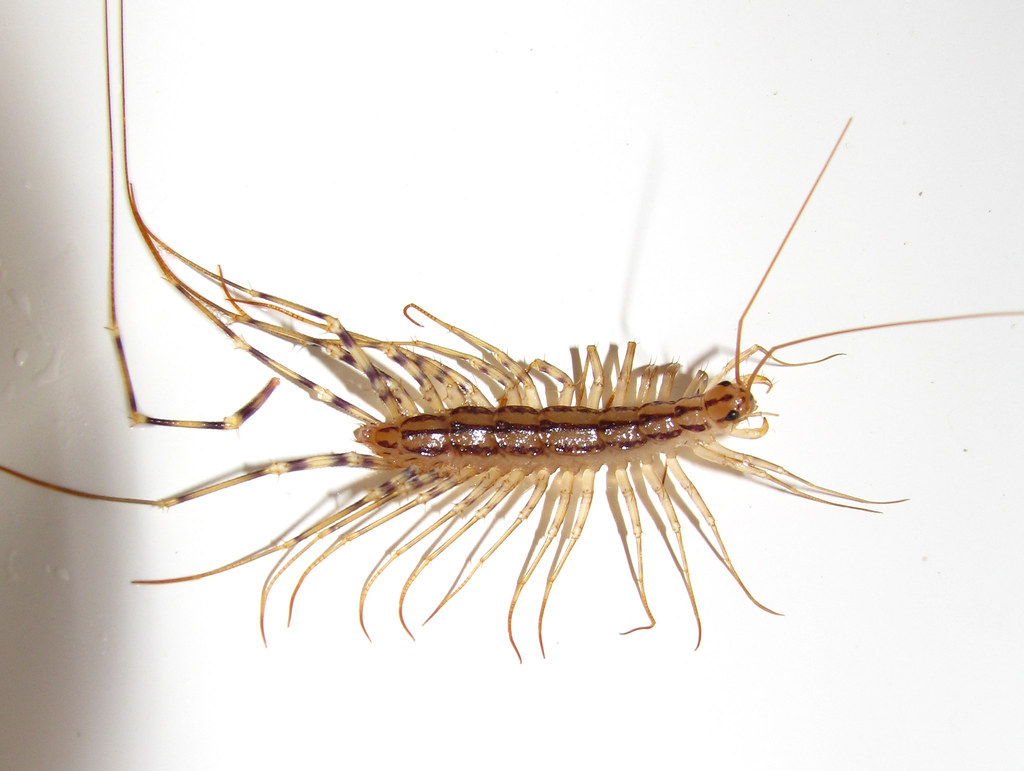Introduction
The instinct to squash a house centipede when it appears in your home is understandable. However, recent discoveries suggest that killing these creatures may not be the best choice. In fact, house centipedes play a valuable role in pest control. This article explores the reasons why killing house centipedes can be risky and discusses alternative methods for dealing with them.
The Terrifying Yet Helpful House Centipede
House centipedes often emerge in dark and humid areas, such as bathrooms or basements, triggering an immediate desire to eliminate them. However, the very characteristics that make these creatures terrifying are what make them effective allies in combating other pests. With their speed and agility, house centipedes serve as natural pest controllers.

A Natural Pest Control Solution
Despite their alarming appearance, house centipedes are beneficial because they prey on roaches, spiders, and ants. Their quick movements and numerous legs enable them to swiftly eliminate these insects. By reducing the population of these pests, house centipedes can help prevent further infestations.
Alternative Approaches for Dealing with House Centipedes
While some may still prefer to get rid of house centipedes, there are alternative methods that can be employed. Reducing the humidity levels in your home and capturing centipedes in glass containers are a couple of ways to handle their presence. By safely capturing a centipede and releasing it into an area with suitable habitat, it can continue its role in the natural ecosystem.

The Harmless Nature of House Centipedes
Unlike their venomous relatives, house centipedes pose no threat to humans. Their venom, if any, is only effective against their small prey and cannot harm human skin. Therefore, there is no need to fear their bite or potential toxicity.
Considering the Fate of House Centipedes
Given the valuable role house centipedes play in pest control and their harmless nature towards humans, it is worth considering alternative approaches to dealing with them. Rather than resorting to killing, finding ways to coexist or safely remove them from your home can benefit both you and the ecosystem.
Conclusion
Killing house centipedes may not be the best choice due to their positive contributions as natural pest controllers and their harmless nature towards humans. Instead, exploring alternative methods for managing their presence can help maintain a balanced ecosystem while ensuring a pest-free home.


